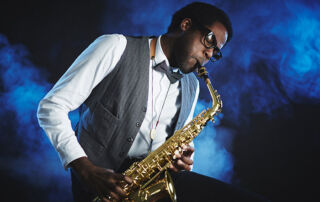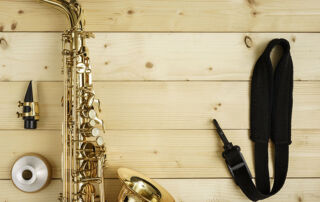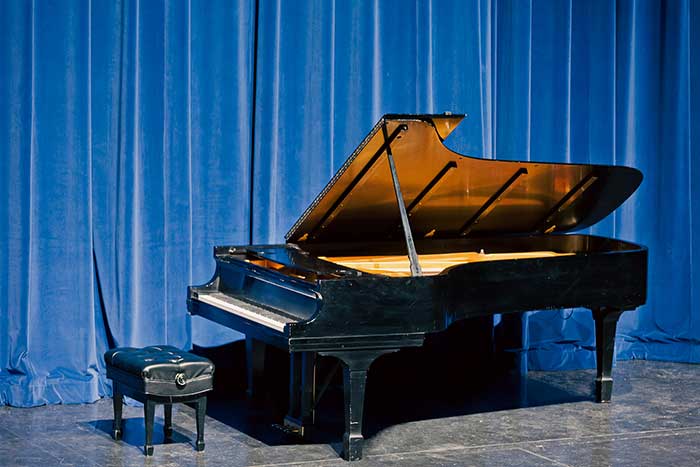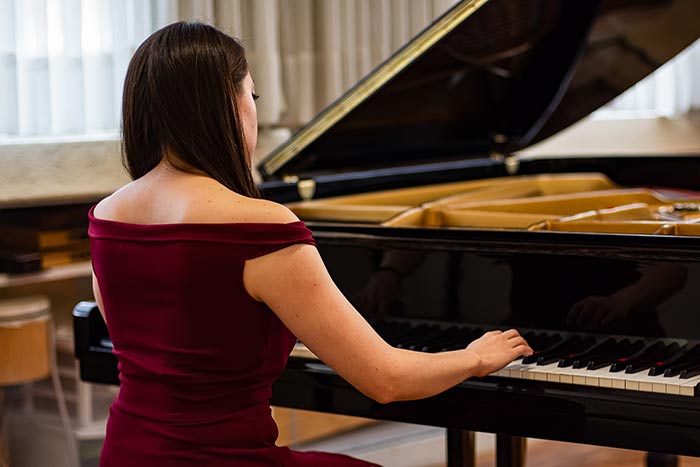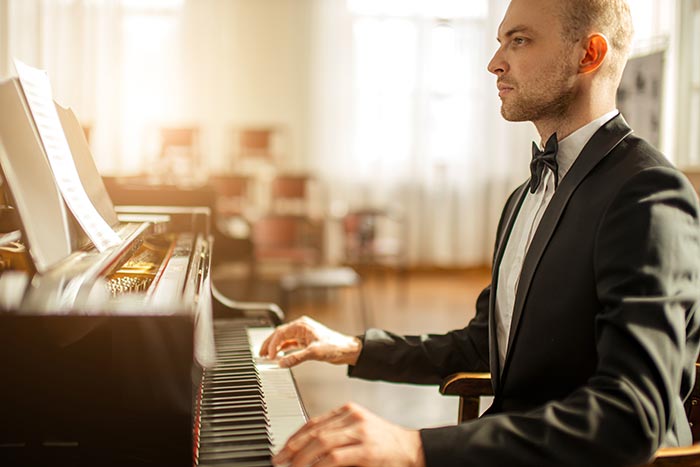How can we not lose sight of real pleasure despite the work and discipline we impose on ourselves? We tend to compartmentalise our activities too much. This may be due to a system that stands out to us, much like an Excel spreadsheet.
At first glance, the concepts of work and pleasure seem completely opposed. Work represents something imposed on us, with rules, schedules, and a certain hierarchy to follow, while pleasure is associated with freedom, following one's desires without constraints... in short, the complete fulfilment of one's ego.
Admittedly, all of this may be somewhat exaggerated, but there is still a grain of truth to it when you think about it.
Work or professional life often goes hand in hand with constraints, while the pleasure we find in our free time or hobbies serves as a release valve that, as they say, allows us to "breathe" a little.
A professional world synonymous with holding your breath, and on the other side, a breath of fresh air.
These diving comparisons are simply a reflection of life. It reminds me of childhood campaigns against tuberculosis, where I would find myself selling small, rather beautiful stickers to raise funds, with the phrase "breath is life."
Ultimately, the important thing is finding the balance.

Musical practise, a solution...
You have chosen your instrument for reasons personal to you, perhaps a life journey, an emotion that resonates with you, a childhood memory, or a sense of longing.
Choosing the right form of instruction is essential. Mutual understanding is necessary; we must not lose sight of the progress achieved through personal effort, but also have a keen ear to detect challenges and provide the tools to overcome them. In the end, pleasure isn’t what we often think it is — instant, effortless, and unearned, disappearing as quickly as it came.
After the lesson, which is a place of exchange between the teacher and the student, a place for the transmission of knowledge, we find ourselves alone. We experiment; it is a time for work, and assimilation, without pressure. What a joy to be alone with one's musical instrument and reproduce what we have learned until we fully own the technique and the music.
Self-satisfaction is important when we make progress and move through different stages. Sometimes we encounter obstacles, either because the action isn't yet natural or due to a misunderstanding related to a lesson.
But don't panic, there are no problems... musical practice takes time, but the goal is the one you set for yourself. We are all waiting for the result. In music, the best friend is patience... Everyone progresses at their own pace. In teaching, it is time to understand that each student moves forward at their own pace, and the teacher must always be aware of this.
Here, we are talking about mastering instrumental technique to enjoy it a little more and tackle a more complex repertoire. But never lose sight of the birth of the sound, of a note, the vibration of a string... it's all a matter of frequency. It is these frequencies that produce calmness.
Not being a specialist in physics, we already know the benefits of music and sound on people. Music therapy, a term and technique that is extremely fashionable at the moment, is truly based on concrete aspects.
Here, pleasure is synonymous with relaxation. Music has always been an element of healing, from shamanism with certain incantatory chants and percussion, repeated rhythms, and crescendo nuances... and even more so, music as an accompaniment to meditation in any form, without any proselytism.

Pleasure and interpretation...
The pleasure experienced in music is a significant driving force. The entire history of music is filled with masterpieces. The primary pleasure of music comes through listening, through the sense of hearing, vibrations, nuances, range, and climaxes—so many terms, whose list is long (I'll spare you), are all vectors of sensations.
As a musician myself, I do not have words strong enough to express what I feel or have felt during concerts at times. The starting point is the piece itself; in moments of doubt, what has always rescued me is realizing that the score I am about to play is already, in itself, a work of art.
It is an invaluable privilege, and even more so to be able to perform it in public and share it. I remain convinced that pleasure must remain the driving force in musical practise, as it gives it its true value for me.
It is intellectual nourishment; it is an incredible breath of life. The sense of wonder must remain intact, and one must be aware of it. A musician is someone who must be an active participant in their craft, bringing a piece to life through the use of one or several musical instruments in front of an audience.
Personal pleasure and sharing are inseparable. Music is a universal language, and each interpretation is unique because every musician is an individual with their own journey, life experiences, and family heritage.
Each instrumentalist will have a different vision of a piece only when they make the score their own; at that moment, we can speak of freedom.
Musical practise is vast, and each person must find their own interest and the right connection between teacher and student, between performer and score, and between musician and audience.
Pleasure is ever-present, and in my view, personal pleasure must be there to enable one to give their best and to share a rare moment with the audience during a concert.
I often tell myself that the day this pleasure is no longer there, it will be time to consider doing something else... but until then, daily self-reflection is an excellent remedy!



